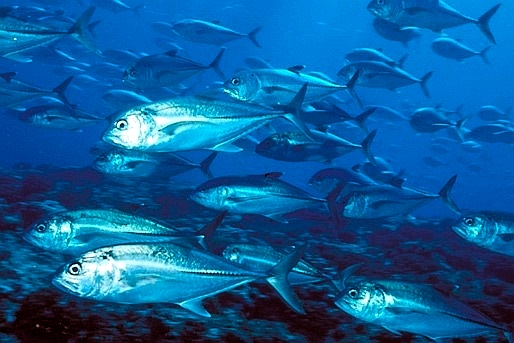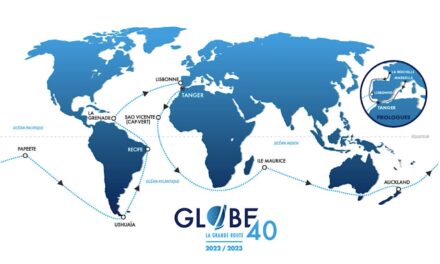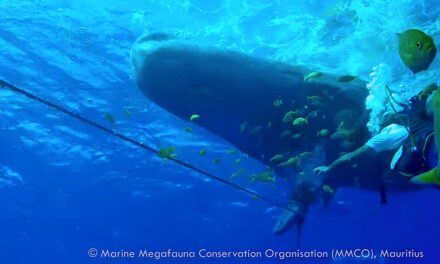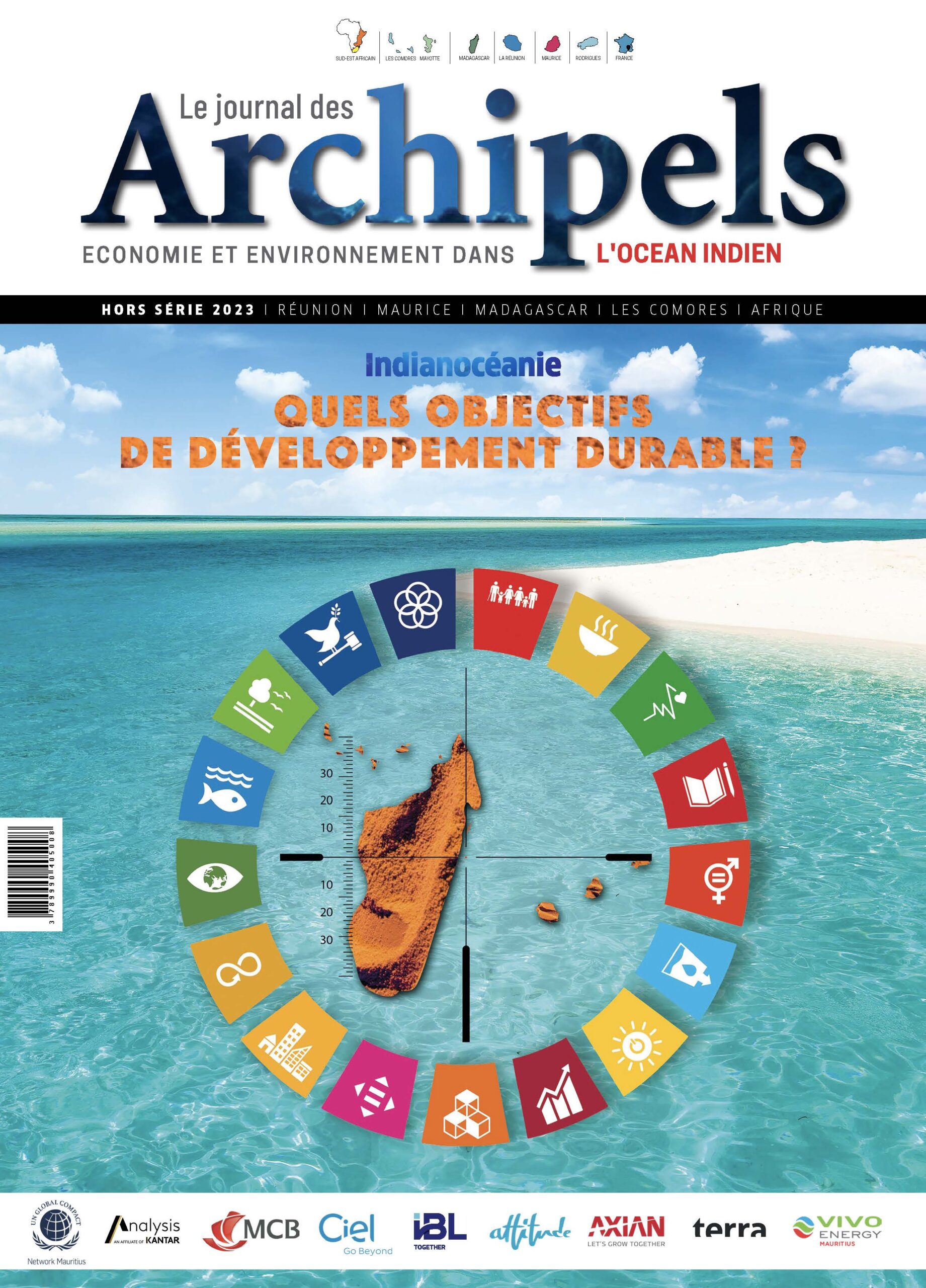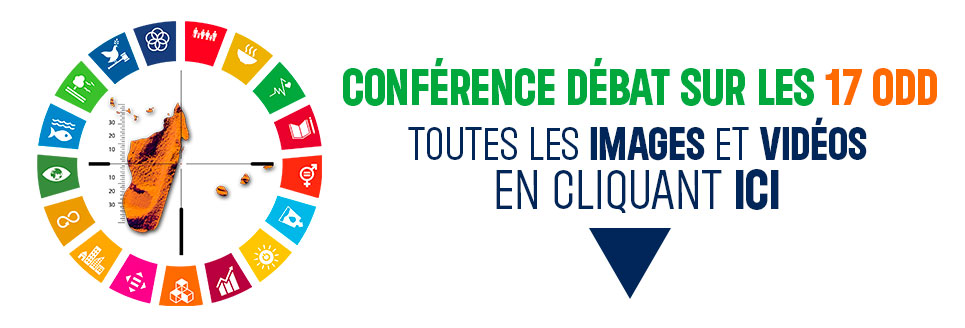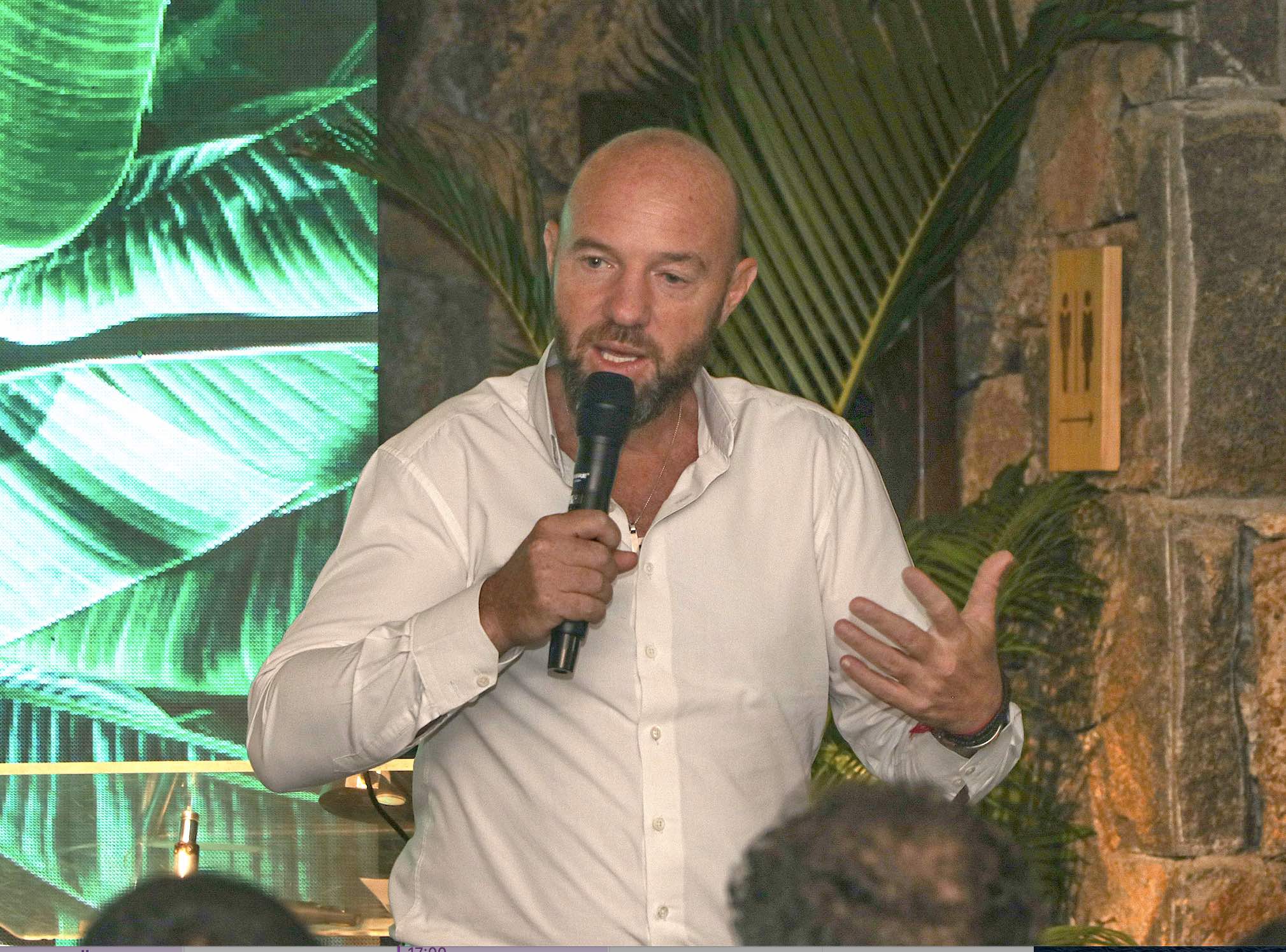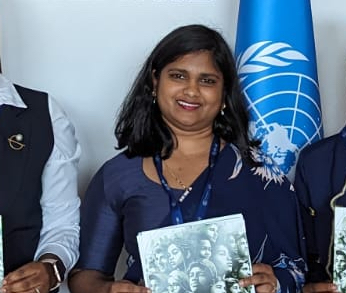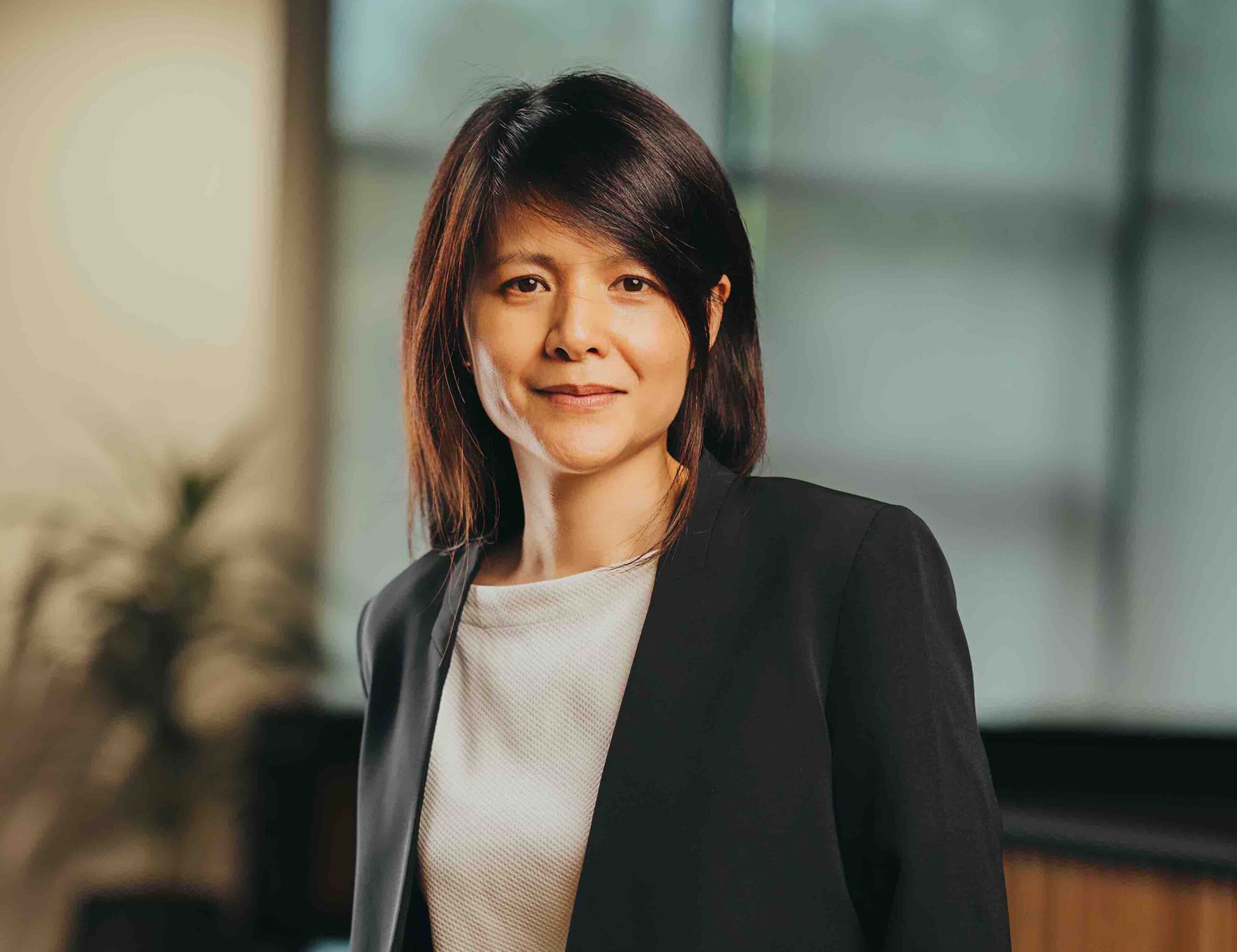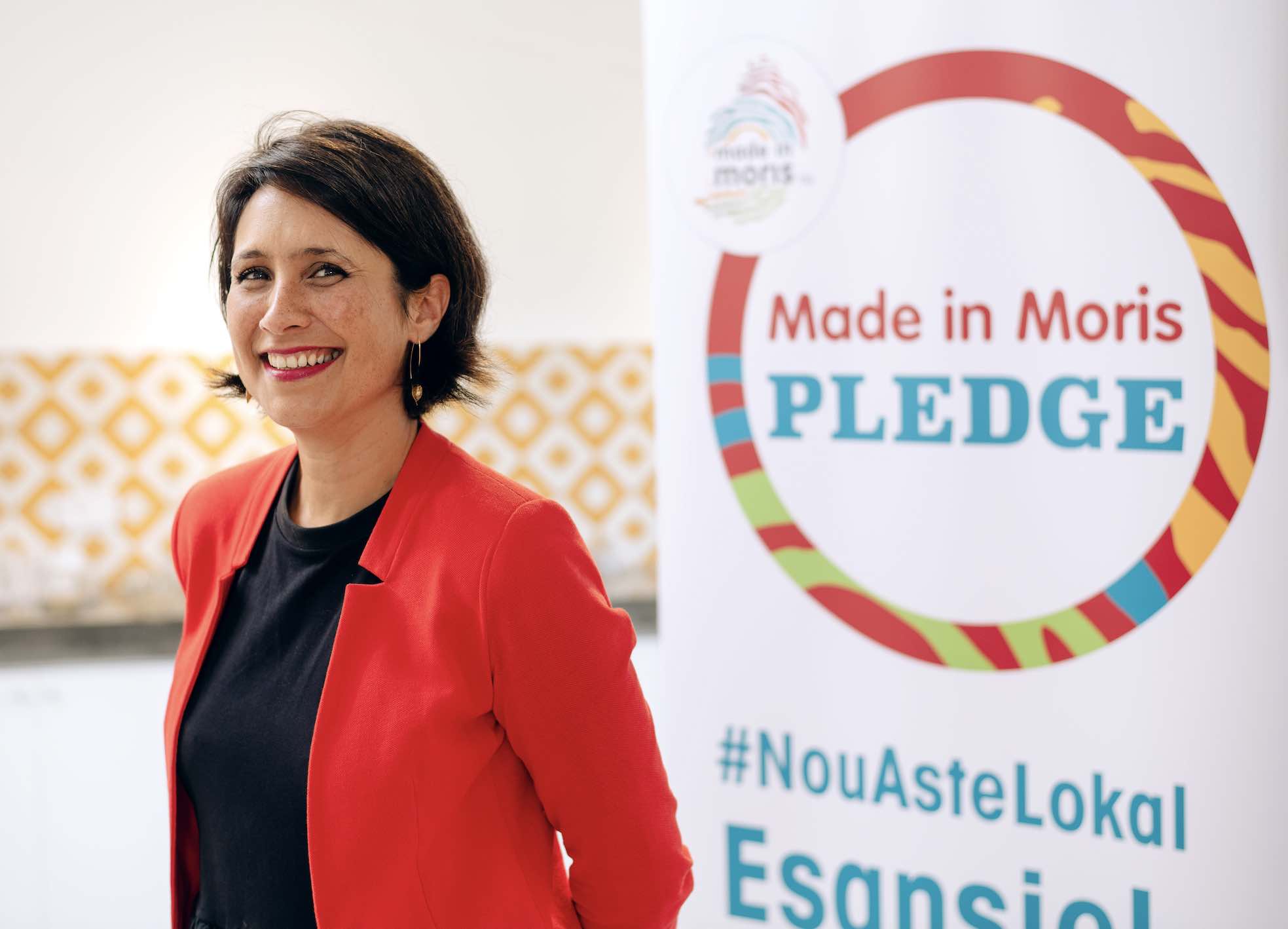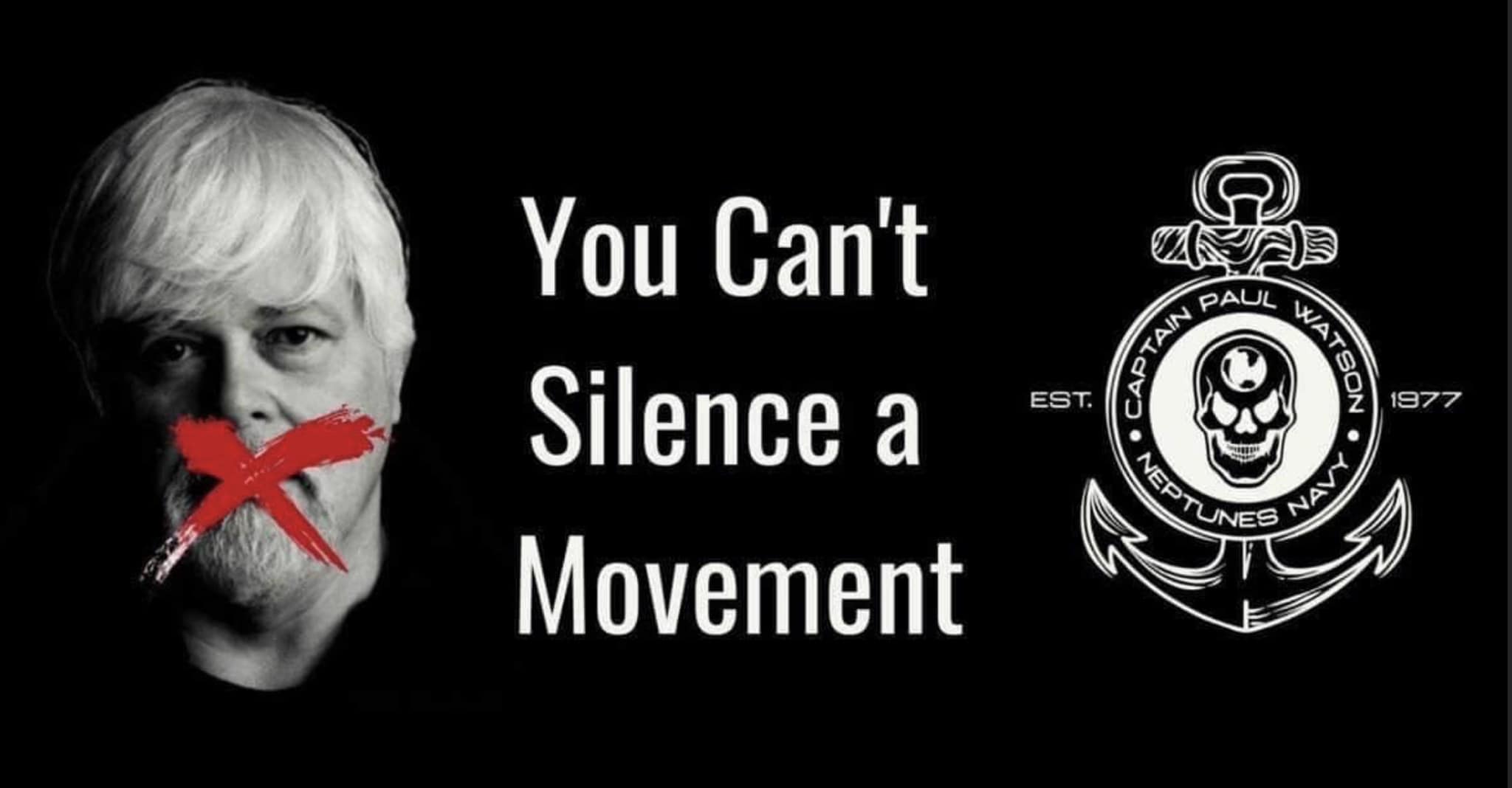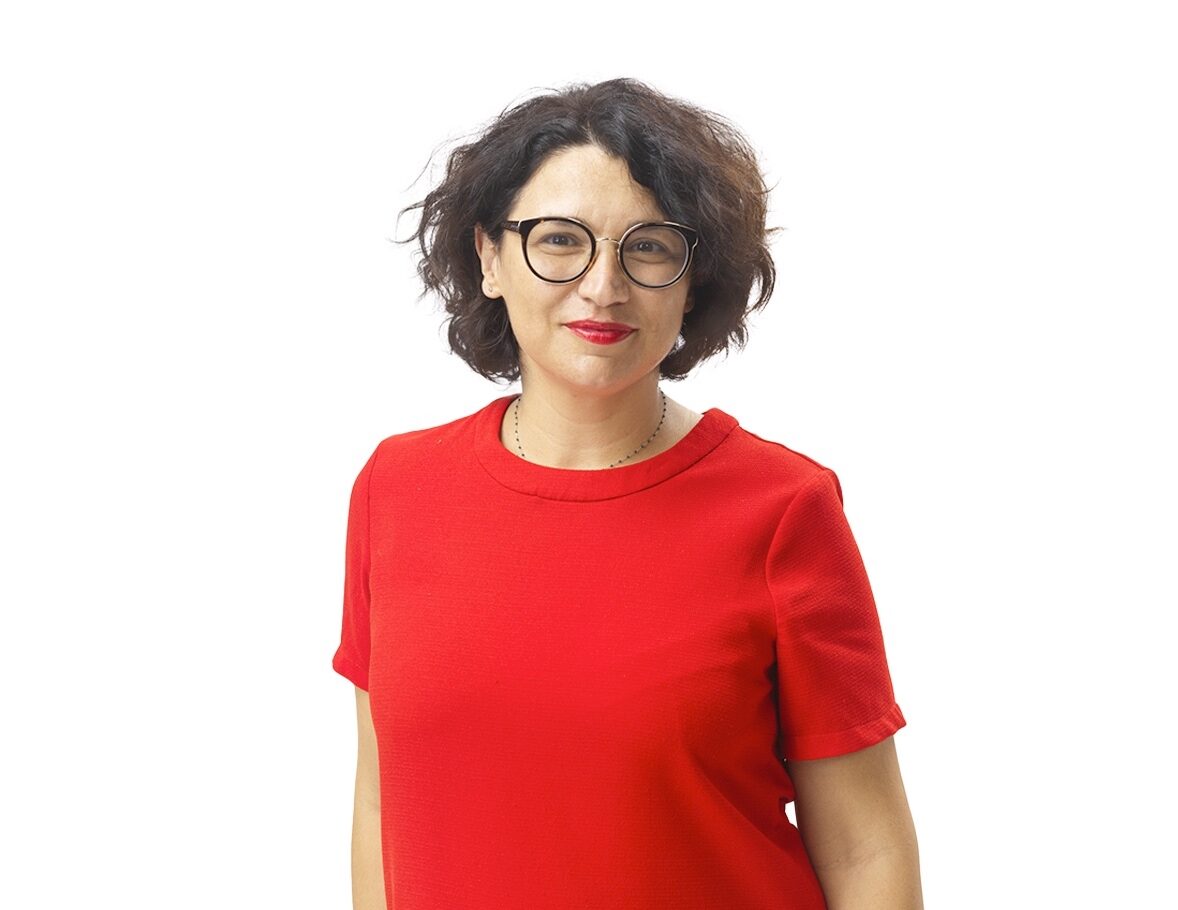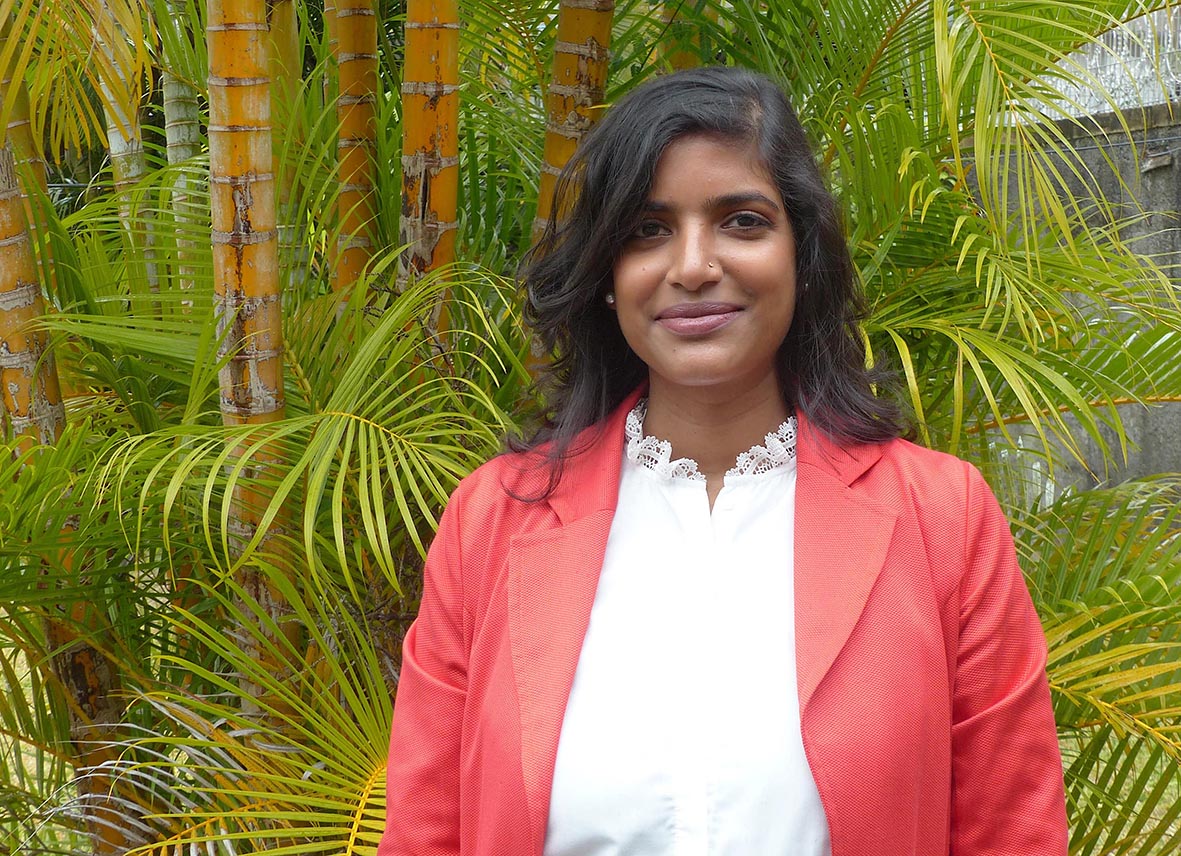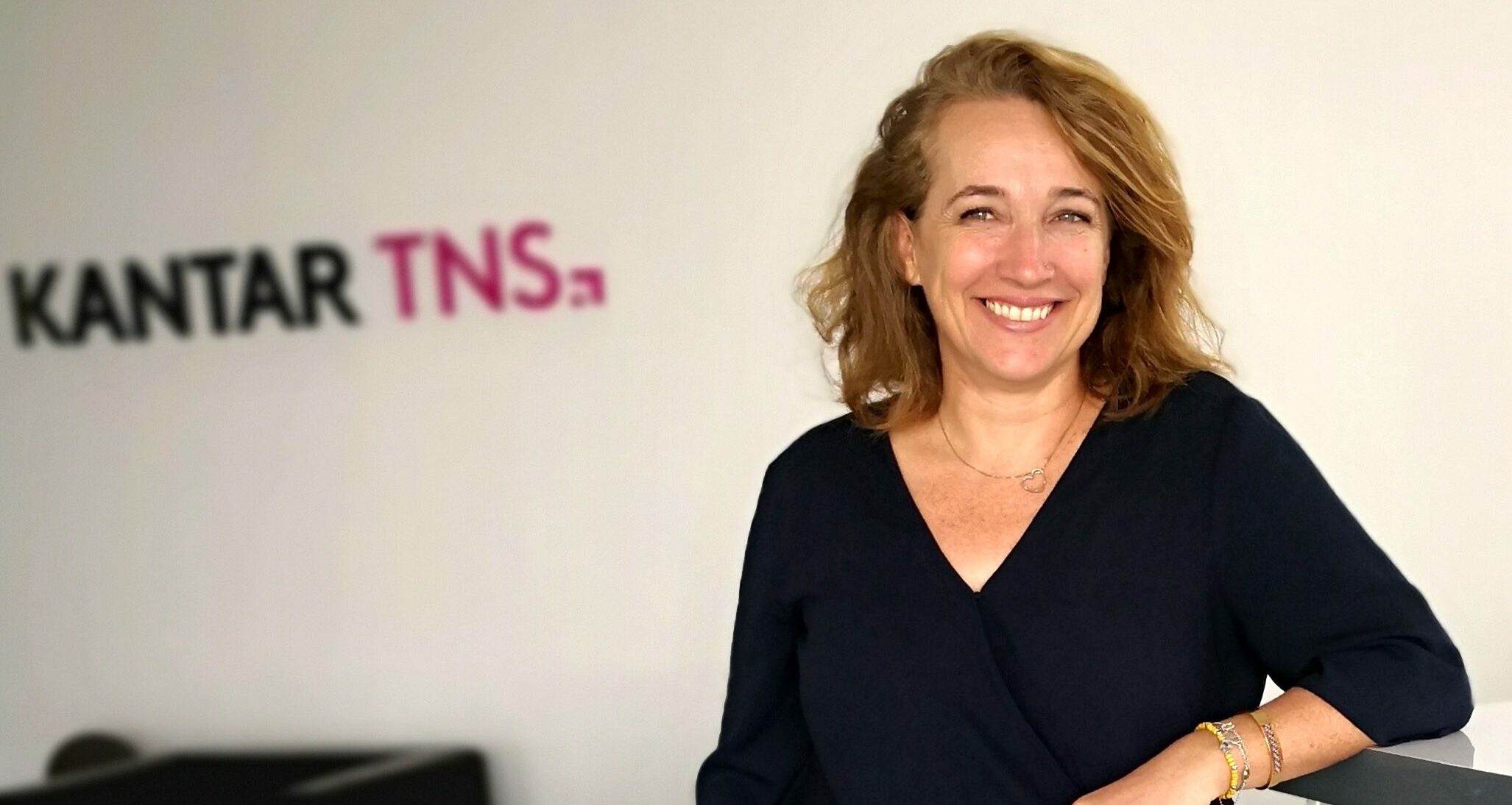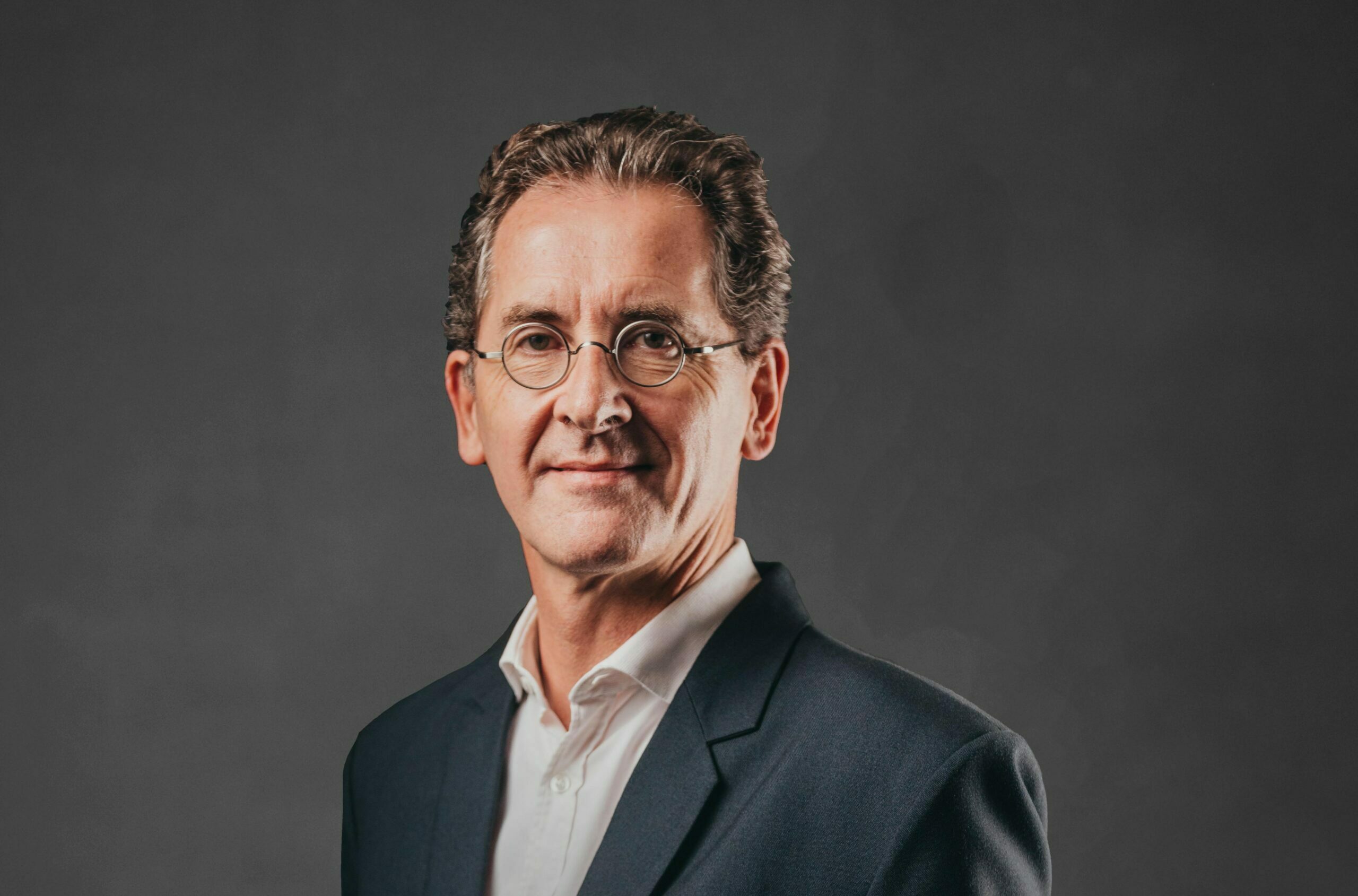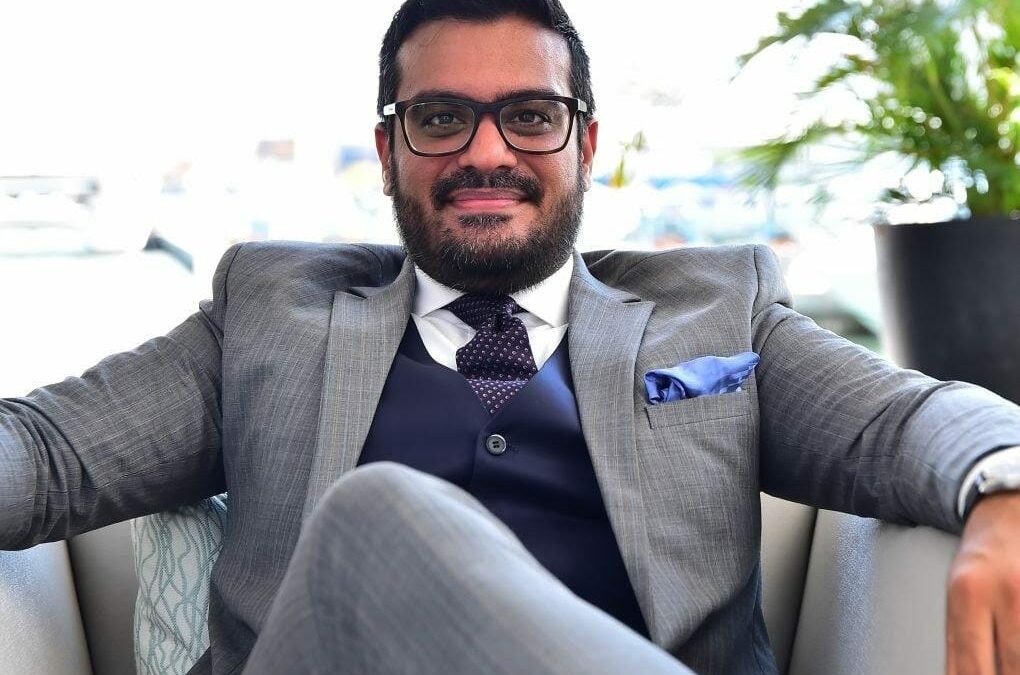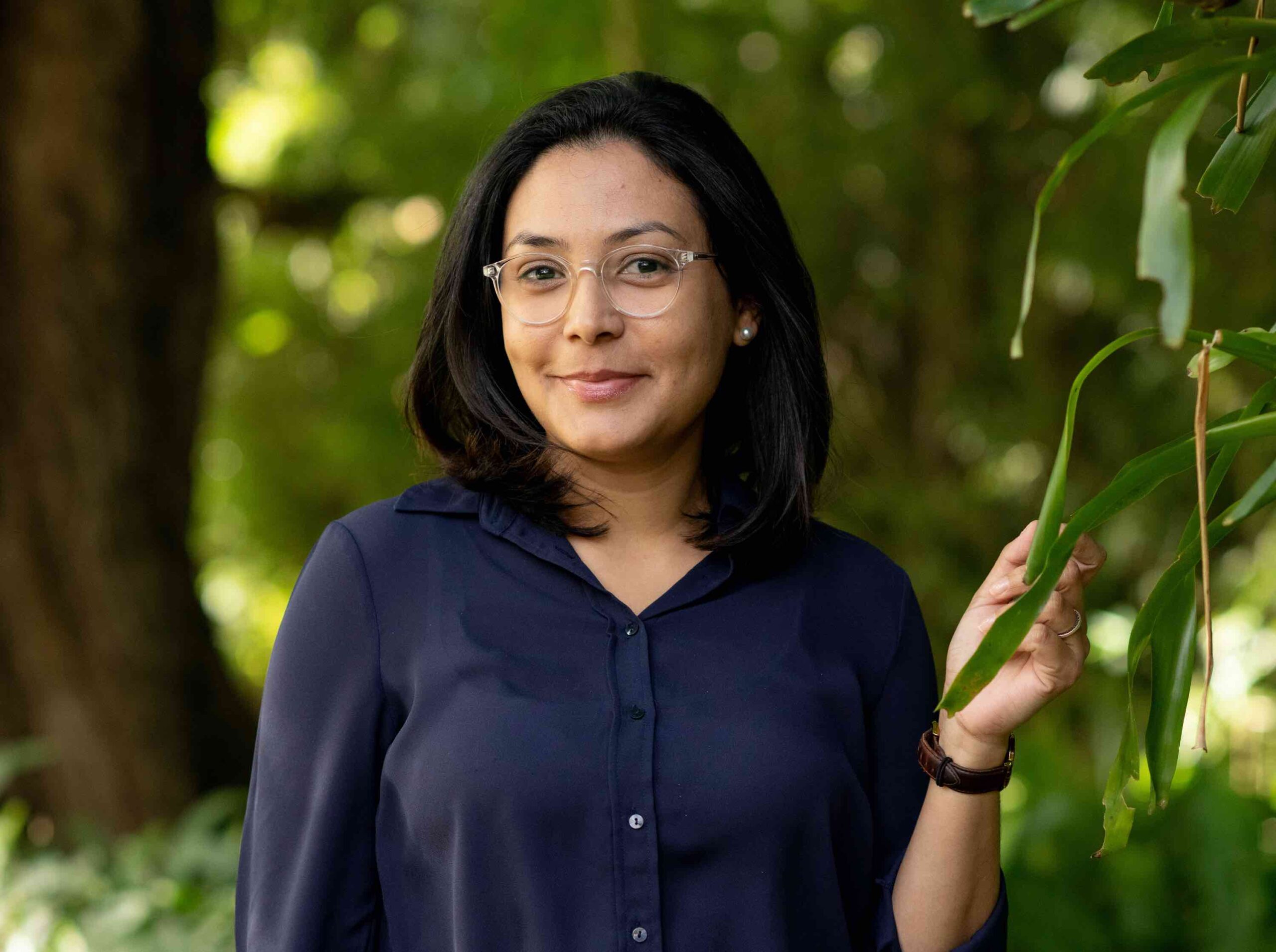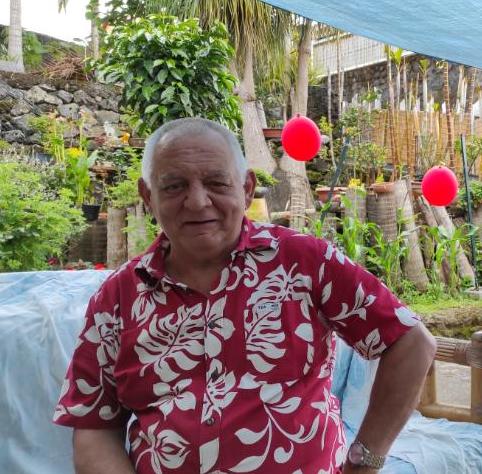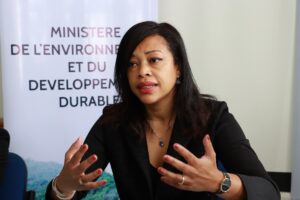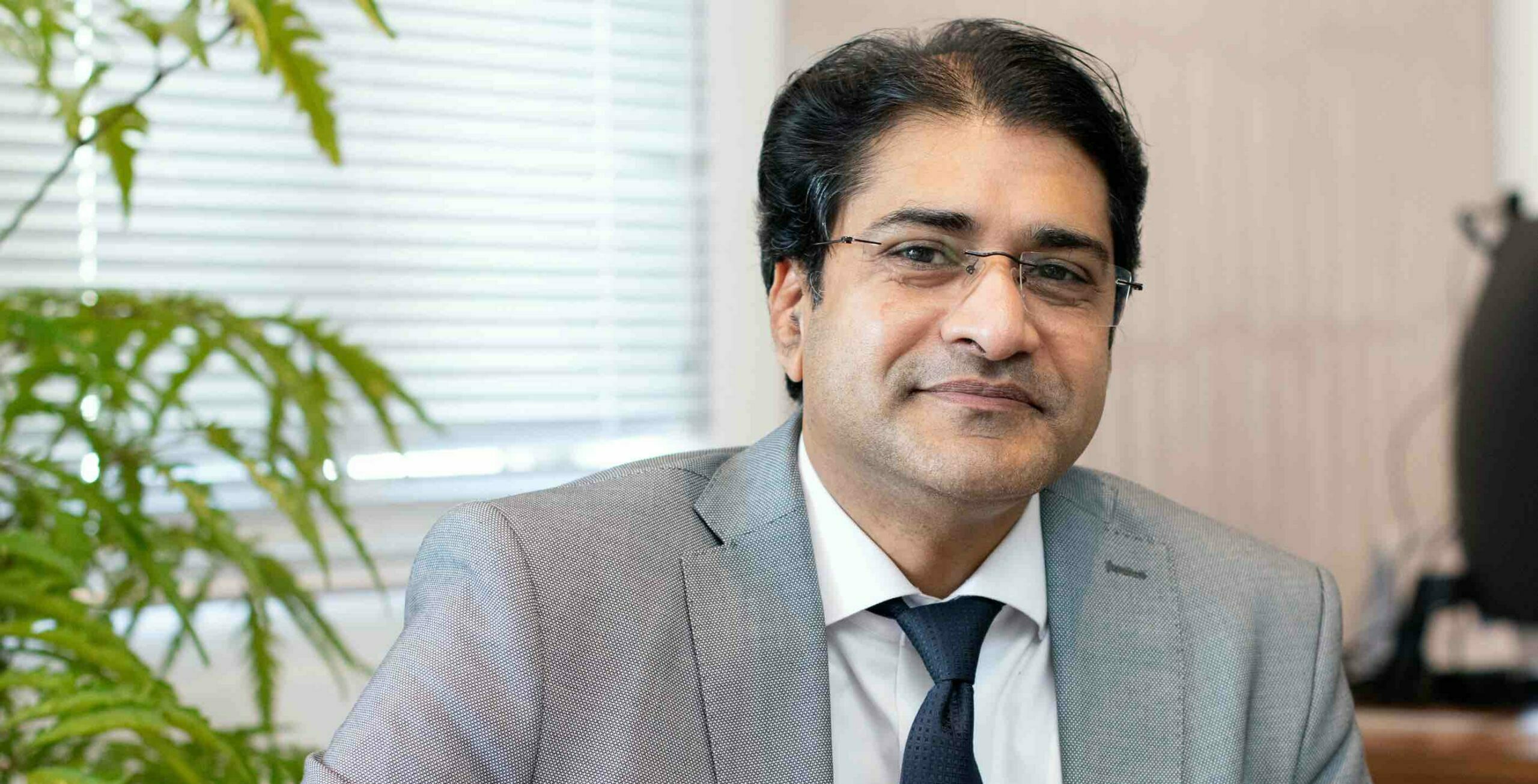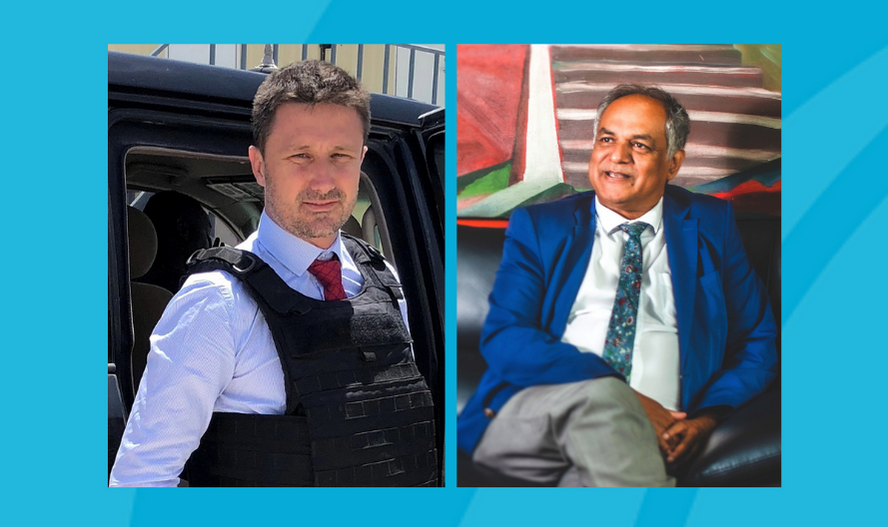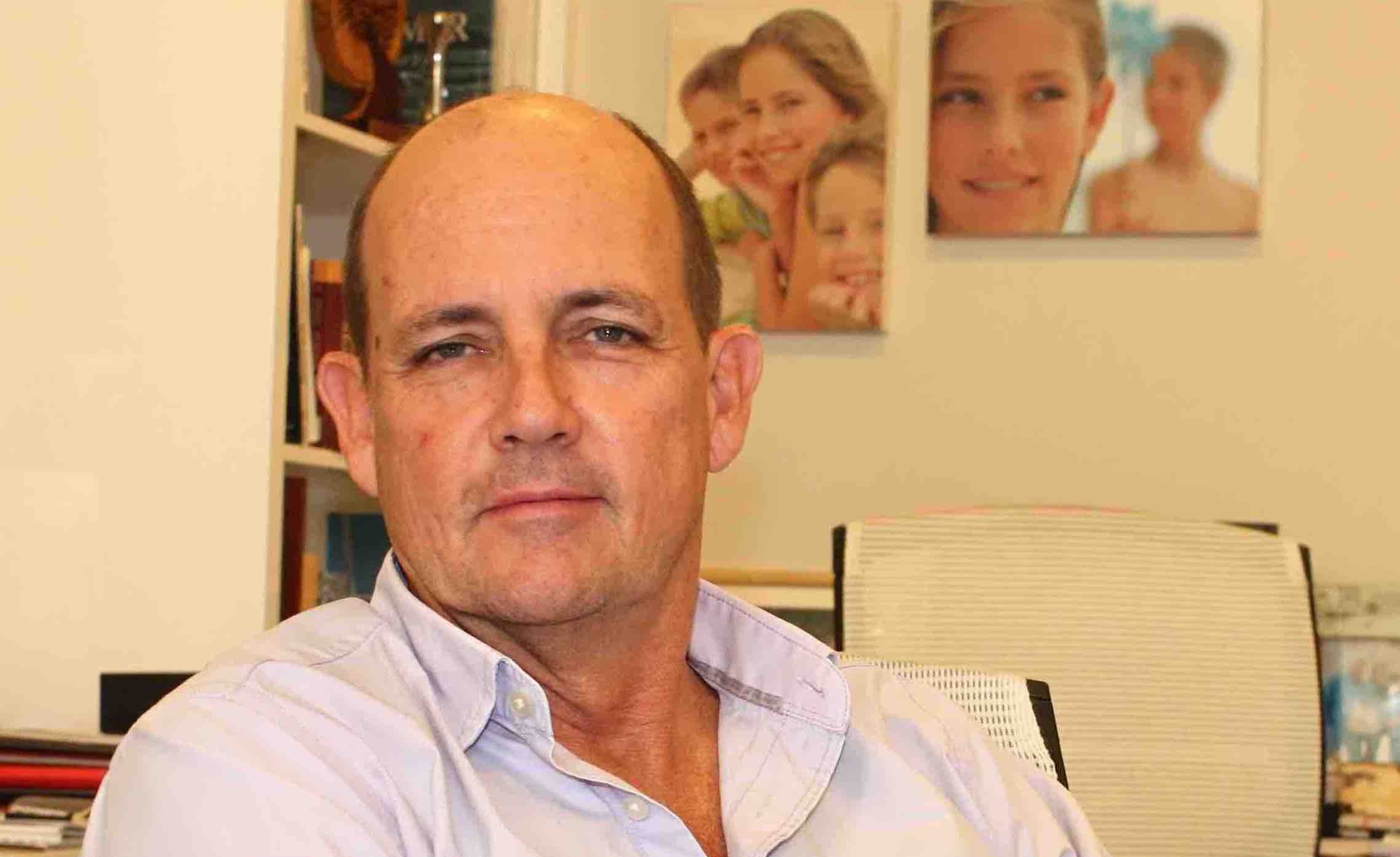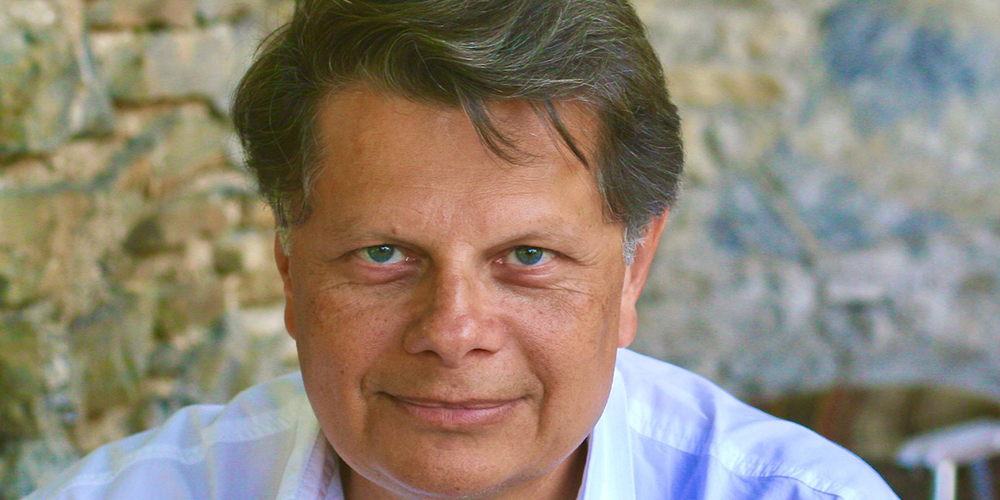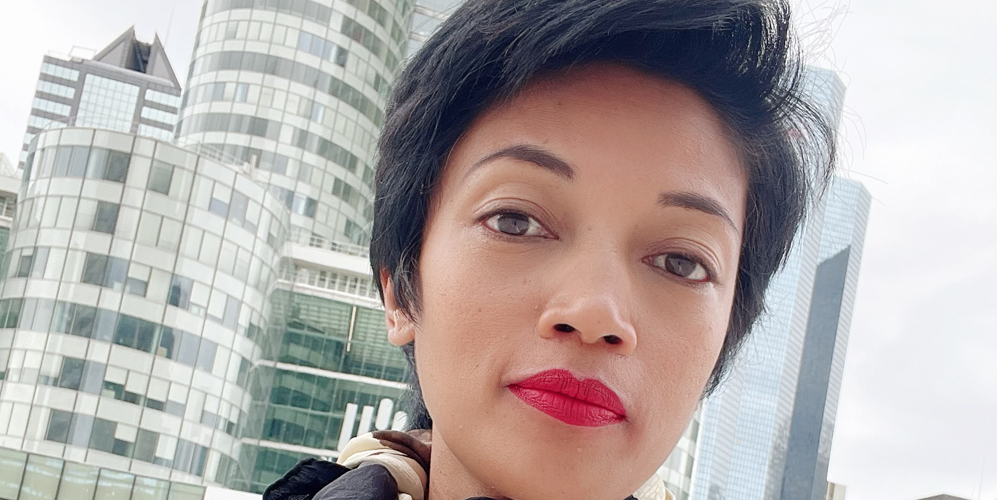The SWIOFish program aims to improve the governance and management of priority fisheries at the regional, national and community levels. This multifaceted action concerns public administrations, operators, artisanal fishermen and communities.
The World Bank has entrusted the Indian Ocean Commission with the management of the regional component of the first phase of this USD 5 million program. Here is an overview of the actions undertaken in Indian Ocean.
Comoros WHEN TECHNOLOGY MEETS CRAFT FISHING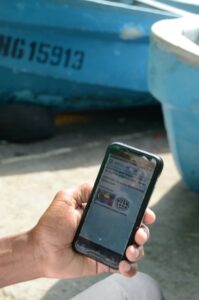 Sustainable and responsible management of fisheries resources requires knowledge of the stocks. With fishing being an economic pillar (growth, employment, food security), resources are under pressure. How can the state of the stocks be effectively and rapidly assessed in this context? With this in mind, the SWIOFish1 project has developed an electronic data collection system with the support and expertise of a consultant to the Food and Agriculture Organization of the United Nations (FAO) and the World Bank (WB).
Sustainable and responsible management of fisheries resources requires knowledge of the stocks. With fishing being an economic pillar (growth, employment, food security), resources are under pressure. How can the state of the stocks be effectively and rapidly assessed in this context? With this in mind, the SWIOFish1 project has developed an electronic data collection system with the support and expertise of a consultant to the Food and Agriculture Organization of the United Nations (FAO) and the World Bank (WB).
An accessible, inexpensive and effective tool
The open data kit (ODT) is a mobile application that works with a simple internet connection. It has been operational since January 2017. The objective: to record and transmit data quickly and efficiently. Eleven investigators have been deployed: 5 on Grande Comore, 4 in Anjouan and 2 in Moheli. When a fishing boat arrives, the analysis begins. Species, size and weight of fish, fishing area and landing site, type of boat and registration, but also the quantities of fuel and ice used, all this information is recorded. This data is analyzed by the Fisheries Resources Branch to produce statistics, which are used to make decisions on stock management. These statistics are also provided to the Scientific Committee of the South West Indian Ocean Fisheries Commission (SWIOFC) and to the Indian Ocean Tuna Commission (IOTC), in order to contribute to a better regional management of the catch of these migratory species.
Madagascar FISHING AND SAFETY
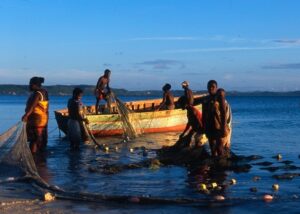 Fishing is not a risk-free activity. Falls, shipwrecks, capsizings… and sometimes dangerous weather conditions causing strong swells and a lack of visibility, are part of the dangers linked to this activity. But when fishing is a source of income and food, the risks weigh less heavily in the balance. The scarcity of fish in the coastal areas of Madagascar forces fishermen to venture out to sea to practice their activity. Fishing in the open sea becomes a necessity for Malagasy fishermen, who have no other choice but to face the possible risks. Faced with this reality, the SWIOFish2 project, financed by the World Bank, has made the safety of fishermen one of its priorities. Why? Because better safety on the high seas contributes to economic development in the respect of a sustainable and responsible exploitation of fishery resources.
Fishing is not a risk-free activity. Falls, shipwrecks, capsizings… and sometimes dangerous weather conditions causing strong swells and a lack of visibility, are part of the dangers linked to this activity. But when fishing is a source of income and food, the risks weigh less heavily in the balance. The scarcity of fish in the coastal areas of Madagascar forces fishermen to venture out to sea to practice their activity. Fishing in the open sea becomes a necessity for Malagasy fishermen, who have no other choice but to face the possible risks. Faced with this reality, the SWIOFish2 project, financed by the World Bank, has made the safety of fishermen one of its priorities. Why? Because better safety on the high seas contributes to economic development in the respect of a sustainable and responsible exploitation of fishery resources.
Distribution of safety kits at sea to minimize the risk of accidents
In the framework of the project and under the technical supervision of the Ministry of Agriculture, Livestock and Fisheries (MAEP), 3,960 safety at sea kits were distributed in September 2020 to formalized small-scale fishermen (with fishing cards and members of fishermen’s associations located in the Ultra-Priority Zones (ZUP)). The latter have at their disposal: vests, reflective mirrors and waterproof flashlights with an autonomy of 6 to 10 hours. A second wave of distribution is planned to provide 11,000 additional kits.
SWIOFish2, a fisheries governance project
In addition to these kits, the SWIOFish2 project also works to improve living and working conditions: registration of their pirogues, training on improved fishing techniques, distribution of equipment…
Reunion France / Reunion engaged in a multiform cooperation
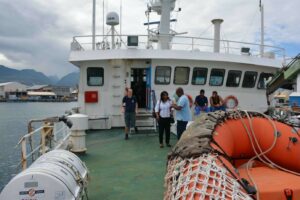 France, as an active member of the IOC and of the various regional fisheries organizations (CPSOOI, IOTC, APSOI…), attaches great importance to issues related to the sustainability of fishing activities and coastal community development. It encourages initiatives aimed at promoting sustainable fishing based on sound scientific data.
France, as an active member of the IOC and of the various regional fisheries organizations (CPSOOI, IOTC, APSOI…), attaches great importance to issues related to the sustainability of fishing activities and coastal community development. It encourages initiatives aimed at promoting sustainable fishing based on sound scientific data.
Sustainable fishing
Within the framework of the SWIOFISH project supported by the World Bank, the French authorities (DMSOI, CROSS, research institutes) based in Reunion Island collaborated with their counterparts from neighboring countries under the aegis of the IOC. By participating in the work of the scientific committee of the CPSOOI/SWIOFC, French scientists have helped to improve knowledge of the species of the coastal ecosystems of the southwest Indian Ocean. The establishment of a working group on demersal species of the southwest Indian Ocean, in which French scientists of the area are strongly involved, is fully in line with this dynamic.
Safety and security at sea
The finances of the SWIOFISH project were mobilized on two particularly important actions :
. The CROSS Sud océan Indien (CROSS SOI), based in La Réunion, provided support to the Comorian authorities to improve safety conditions on artisanal fishing vessels. This work consisted in testing beacons which would allow fishermen to report damage or distress. This equipment, which is easy to use, should now be deployed on the Comorian fishing fleet. CROSS SOI is also working with its Comorian counterparts to consolidate the processing of alerts and to implement search and rescue resources at sea. Joint exercises complete this sharing of experience.
. The maritime affairs patrol vessel OSIRIS has carried out joint fisheries policing missions within the framework of the IOC regional fisheries surveillance plan (PRSP) in order to ensure a high and homogeneous level of control in all the waters under the sovereignty of the States of the southwest Indian Ocean. This mission, which is emblematic of the common will of the IOC and East African countries, is continued by the ECOFISH program financed by the European Union with the OSIRIS II patrol vessel.
SEYCHELLES Blue Economy: 30% of the Seychelles EEZ classified as a conservation area
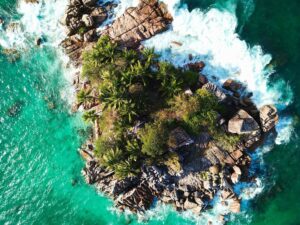 Important milestone for Seychelles…and blue economy! The successful disbursement of Blue Bond proceeds through the Blue Grants Fund of Seychelles Conservation and Climate Adaptation Trust has led to an unprecedented level of non-state actor engagement in science, education and awareness that underpin the key ocean governance processes in the country. Improved governance is critical to ensure that private sector investment in the blue economy is aligned with international standards for sustainability.
Important milestone for Seychelles…and blue economy! The successful disbursement of Blue Bond proceeds through the Blue Grants Fund of Seychelles Conservation and Climate Adaptation Trust has led to an unprecedented level of non-state actor engagement in science, education and awareness that underpin the key ocean governance processes in the country. Improved governance is critical to ensure that private sector investment in the blue economy is aligned with international standards for sustainability.
Strengthening of governance is being addressed at numerous levels
The national project for Seychelles (SWIOFish3) has focused on improved governance to meet the country’s ambitious agenda for enhancing marine conservation and transitioning to sustainable fisheries while providing opportunities for investment in the blue economy. SWIOFish3 has promoted the development of policies and legislation for fisheries and coral reef conservation, as well as the structuring of management frameworks for marine protected areas. In addition, project resources are being deployed to strengthen the capacity of fisheries co-management institutions and improve information and decision-making tools.
Did you know? Blue Bond is an innovative financial mechanism
The Republic of Seychelles has launched the world’s first sovereign blue bond, an innovative financial mechanism intended to support sustainable marine and fisheries projects. It is in fact a debt swap in favor of the conservation of 30% of its marine environment.
MAURITIUS Stock assessment: training for sustainable exploitation of fishery resources
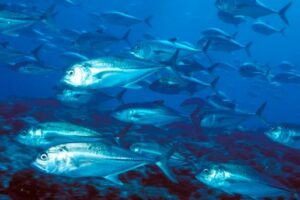 Capacity building of fisheries officers is one of the priority areas of SWIOFish. All the member countries of the South West Indian Ocean Fisheries Commission (SWIOFC) have therefore benefited from the project’s support for the training of agents. In Mauritius, 10 fisheries officers were trained by the project, with the support of FAO, SWIOFC and a technical coordinator. Trishna SOOKLALL, a scientific officer, recalls her experience: “SWIOFC offered me an enriching experience. I had the opportunity to chair two regional scientific meetings in 2019 and 2021. I gained knowledge and experience on how to plan and conduct a scientific meeting in a timely and efficient manner. I was also able to develop my fluency in speaking. Our fisheries officers were able to assess their fisheries in terms of fish stocks through the working group meetings. These meetings are a good setting to train our officers in the principles of “weight of evidence” and “productivity susceptibility analysis (PSA)” as applied to fisheries monitoring and control certifications.”
Capacity building of fisheries officers is one of the priority areas of SWIOFish. All the member countries of the South West Indian Ocean Fisheries Commission (SWIOFC) have therefore benefited from the project’s support for the training of agents. In Mauritius, 10 fisheries officers were trained by the project, with the support of FAO, SWIOFC and a technical coordinator. Trishna SOOKLALL, a scientific officer, recalls her experience: “SWIOFC offered me an enriching experience. I had the opportunity to chair two regional scientific meetings in 2019 and 2021. I gained knowledge and experience on how to plan and conduct a scientific meeting in a timely and efficient manner. I was also able to develop my fluency in speaking. Our fisheries officers were able to assess their fisheries in terms of fish stocks through the working group meetings. These meetings are a good setting to train our officers in the principles of “weight of evidence” and “productivity susceptibility analysis (PSA)” as applied to fisheries monitoring and control certifications.”
The importance of sharing data
Each SWIOFC country shares its data on demersal ( captain ) and small pelagic ( sardine ) fish stocks. This sharing of information allows a better knowledge of the state of the stocks and, in the long run, aims at ensuring the sustainability of these fishery resources.


